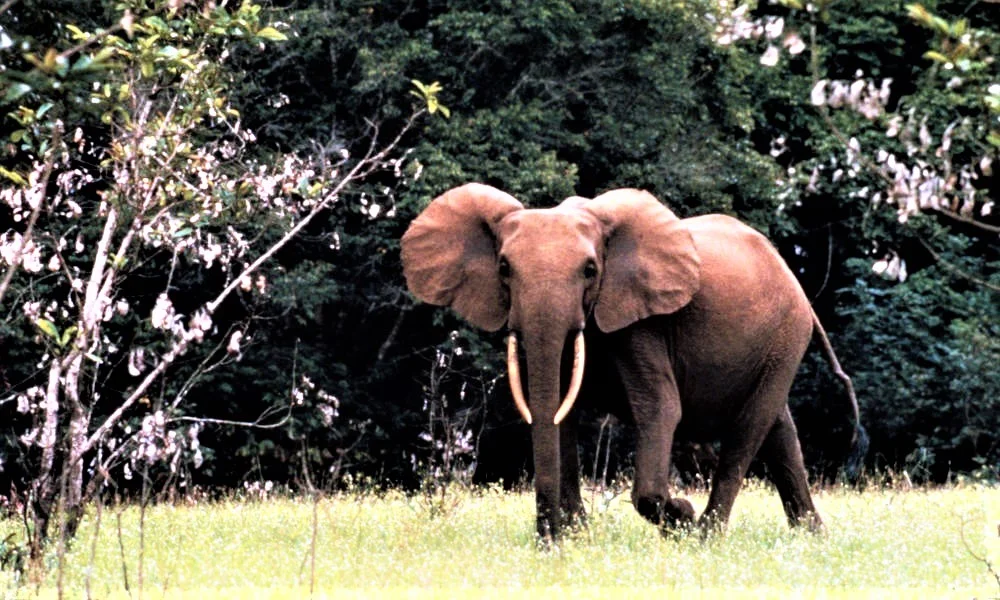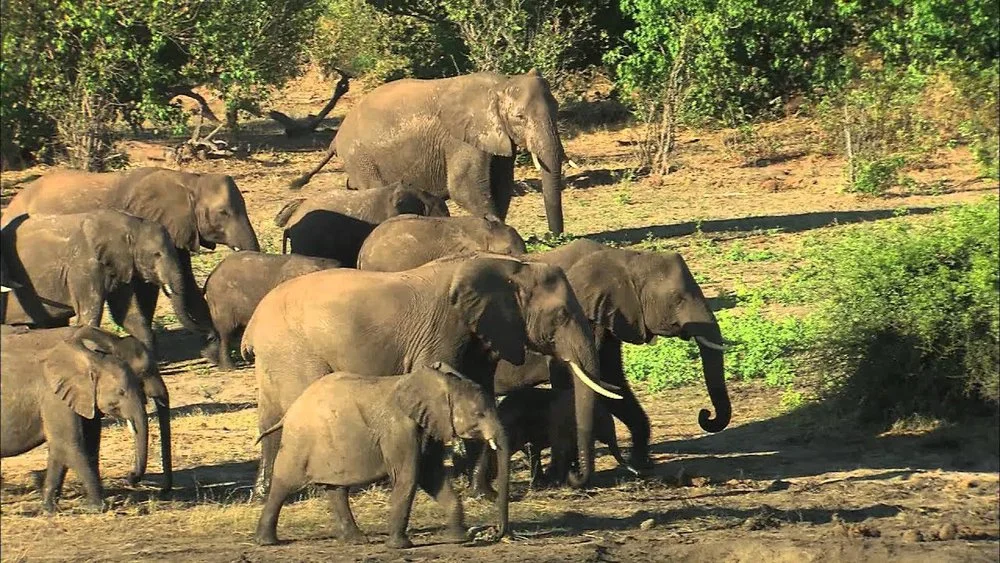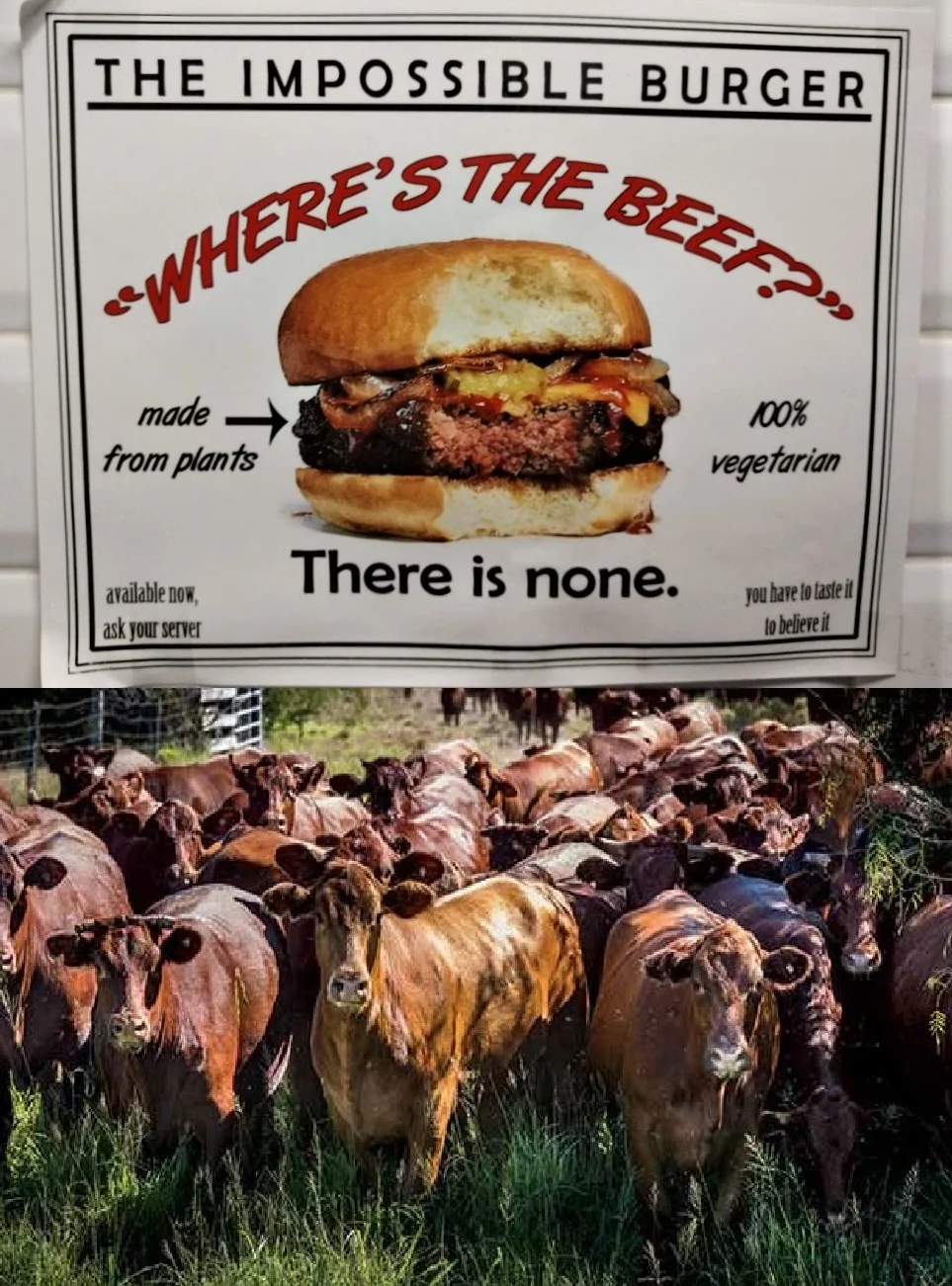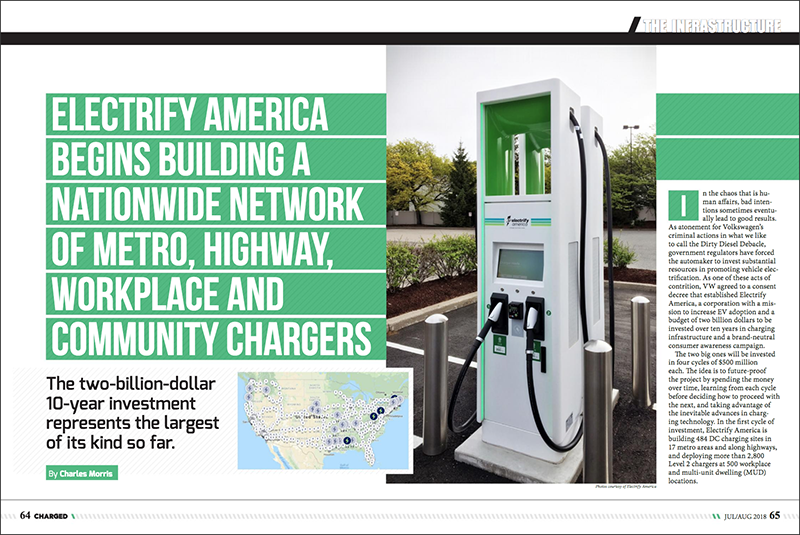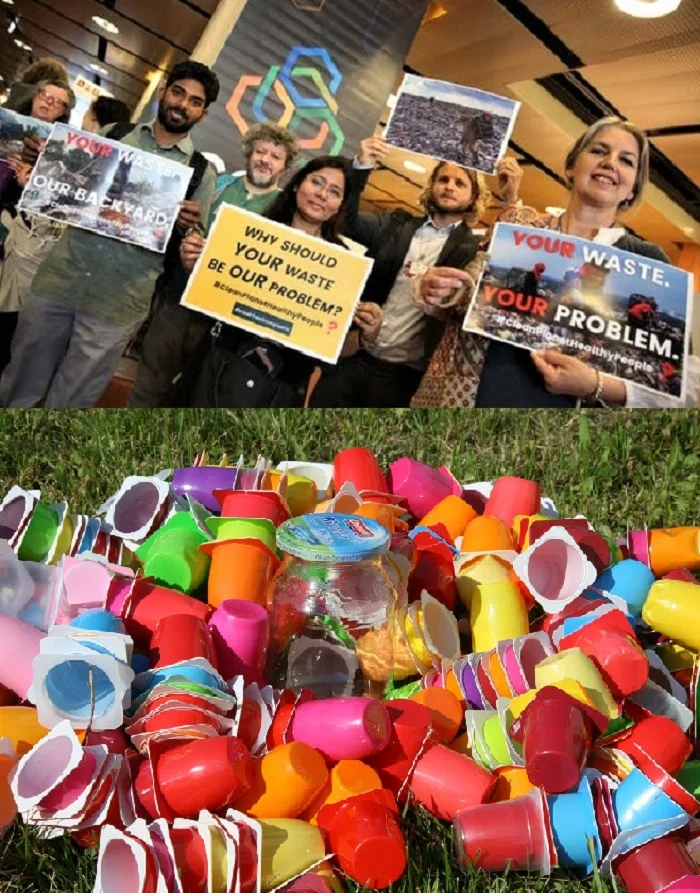Debunking Myths about the Impact of Elephants on Large Trees
/Debunking Myths about the Impact of Elephants on Large Trees
By Ross Harvey, Independent Economist; PhD Candidate, University of Cape Town. First published on The Conversation.
Elephants are often accused of being responsible for the unsustainable loss of large trees in protected areas. This is because they strip bark and break branches. They can also have a heavier impact through uprooting trees or snapping stems. They have forage preferences too. Marula, knobthorn and red bushwillow are among their favourites.
This type of behaviour has raised concerns over the effects of elephants on large trees in protected areas such as South Africa’s Kruger National Park. As a result, elephant populations have been managed to preserve trees and the environment in a static state.
Researchers Dr Michelle Henley and Robin Cook recently set out to establish whether elephants are in fact responsible for large tree mortality.
They did this by reviewing the science and evaluating how effective past strategies have been at mitigating large tree loss, given that such loss was typically attributed to high elephant densities. These strategies usually focused on controlling elephant numbers lethally, through either culling or hunting.










